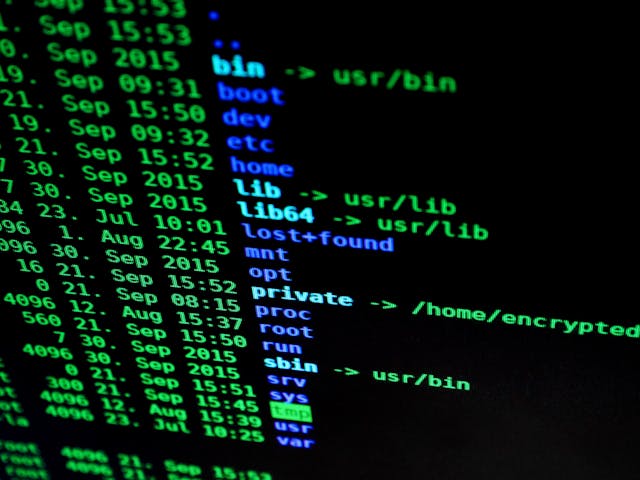Across the oil and gas industry, there can be many threats that you have to be aware of. Whether it’s to the site itself physically or to your equipment and operations digitally, understanding the risks insecurity for the oil and gas industry will help you to better protect yours.
World politics, supply and demand issues, and environmental concerns are all very real for the oil and gas industry, but the last thing that you want to do is to have any issues created with the security of your oil and gas site. Let’s take a look at some of the areas that you could improve on security for your business.
- Perform a risk assessment. You can’t insure the security of your gas and oil site without doing a risk assessment. Oil and gas cybersecurity is something that you have to consider because your equipment and anything running on data and digital is going to be compromised if you’re not careful. Having a security guard will help you to keep your risk management at a minimum. For oil and gas sites in particular, a security guard on site can help you with mitigating theft, piracy, and even civil protesting. Sometimes having a risk assessment completed can tell you where you need a physical presence of security versus where you need a digital presence of security.
- Hire physical security. Having people patrol through an area of an oil and gas site is one of the main and most prominent things a guard could do on duty. The entire area of an oil and gas site, especially one offshore, is vast, which means that there is only so much a surveillance camera can capture. A visual inspection is the best way to avoid a security lapse. These security lapses can lead to leakages, breakages, or trespassing. When you have physical security on site, you can feel at ease about this.
- Invest in digital security. Cyber security for the gas and oil industry is an absolute must. Just because you’re working offshore doesn’t mean that you’re not going to be at risk of hackers or people trying to steal your intellectual information. Your business is important, which means that you need to do what you can to protect your online business as much as you do your physical.
- Implement reporting and documentation processes. A good way to protect your oil and gas site is to implement documentation and reporting processes that can help you to manage the logistics of the operation. With detailed reporting and documentation, you’ll be able to keep as organised as possible and stay aware of various occurrences around the site as they happen. If there are specific requirements for your reporting, staff can be trained to complete the tasks for you.
Security is a matter of importance for an oil and gas site, and you have to have both physical and digital security to stay safe. Start investing in your security now, and you won’t regret it later.
